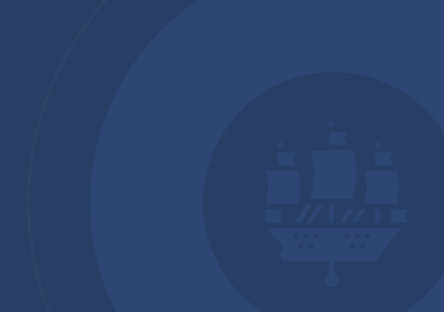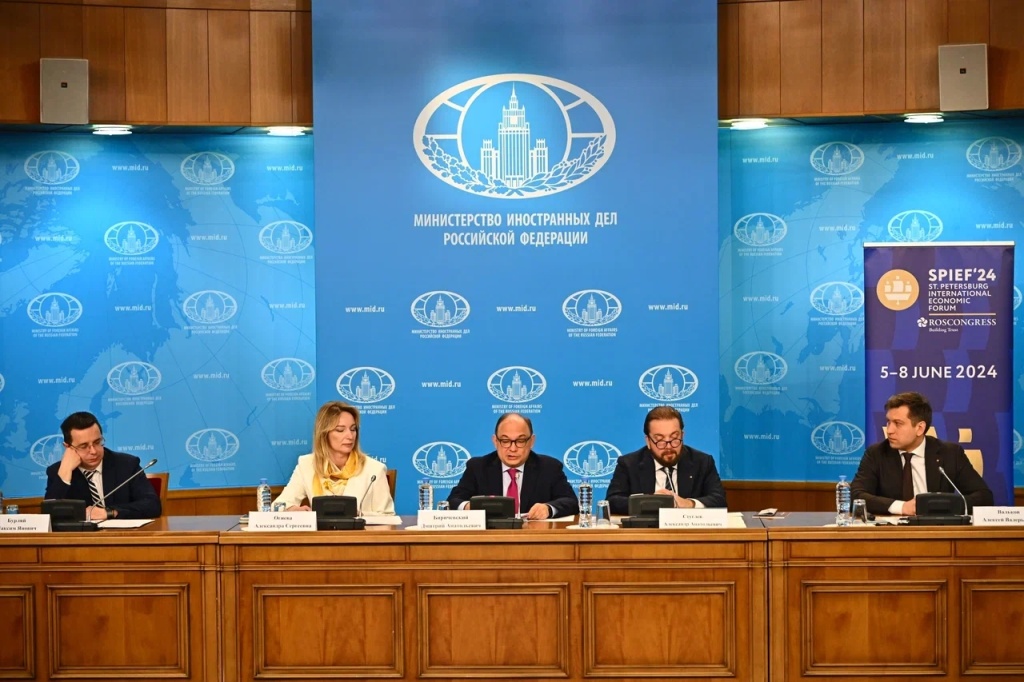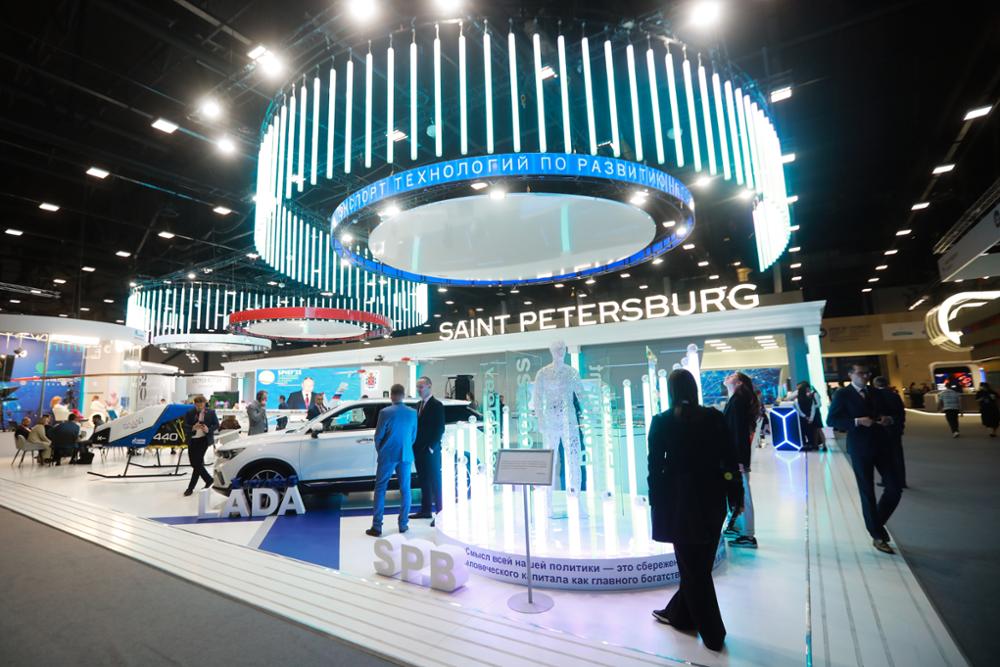
V Eurasian Forum: summing up the first day
The fifth Eurasian Forum began on 20 October 2016 in the Palazzo della Gran Guardia in Verona, Italy. The Forum is organized by the Roscongress Foundation and Italy’s Conoscere Eurasia Association, and is a leading forum for exchanging views on current topics on the global political and economic agenda. The central focus of the event is ‘The Art of Innovation’. Welcoming participants at the opening ceremony were Mayor of Verona Flavio Tosi, Conoscere Eurasia President Antonio Fallico, and Chairman of Gazprombank’s Management Board Andrey Akimov. “The Eurasian Forum has always been a reference point for Italy, Europe, and Eurasia, and it is once again opening the doors to dialogue. The more than 600 companies participating in this Forum represent a significant share of trade between Italy and the Eurasian Economic Union. This is a clear example and illustration of the fact that the main players in the Italian, Russian, and Eurasian economic community intend to remove the barriers between different geopolitical groups and private interests. These companies have not only persisted with international dialogue, but have also facilitated, through their actions, the restoration of trust between nations”, noted Mr. Fallico.
Several important sessions took place on the first day of the Forum, including Businesses and Greater Eurasia, Geopolitical Processes in Greater Eurasia, The Geopolitical Map of Greater Eurasia in Movement, Economics and Finance and the Global Crisis, and The Energy Market – Outlook for 2020. Delegates from more than 600 Italian and Russian companies are taking part in this representative Forum. Among the key speakers are Igor Sechin, President and CEO of Rosneft; Leonid Mikhelson, member of the Board of Directors and Chairman of the Management Board of Novatek; and Romano Prodi, who has served as Italian Prime Minister and as President of the European Commission.
Traditionally, the central focus of the Forum has been increasing economic cooperation with the Eurasian Economic Union. In his speech, Rosneft head Igor Sechin noted that actively developing connections with partners in the Asia-Pacific region does not create competition, but rather opens up new possibilities which European colleagues can exploit. These include both new projects and the opportunity for oil swap deliveries, as well as supplying equipment and participating in joint extraction and logistics projects, portfolio investments, and bank financing.”We believe that only Rosneft can offer our European partners projects worth more than USD 100 billion as we develop ties along the energy bridges between Russia and Europe and between Russia and the Asia-Pacific region”, Sechin said.
Romano Prodi, who is also President of the Foundation for World Wide Cooperation, spoke about the need for compromise in relations between Russia and Europe, and about the importance of creating an atmosphere conducive to dialogue. “I am confident that we can begin cooperating from a blank slate, even in the difficult situation we have today. This is in Russia’s interest, because quick progress on the path that Russia is laying out cannot be had without a strong relationship with Europe. And at the same time, Europe’s energy and resource security cannot continue undisturbed without a relationship with Russia. It is in Europe’s interest to re-establish economic relations, and it is in Russia’s interest to shore up a certain equilibrium between East and West”, Prodi emphasized.
“Analystsbelieve that the twenty-firstcenturywassupposed to be the century of gas. The experience of recentyearsshowed this scenariowasjustified. In the earlypart of the century, we sawgrowth in demand for gas, particularly from fast-growingnations and economies in whichfuelconsumptionhasrapidlyincreased,” – mentioned Leonid Mikhelson, Member of the Board of Directors and Chairman of the Management Board of Novatek.
The debate will continue on 21 October, when the second day of the fifth Eurasian Forum will feature discussion of economic cooperation in the context of global crisis and political sanctions, the development of innovative infrastructure for Greater Eurasia, and agriculture and related industries.








